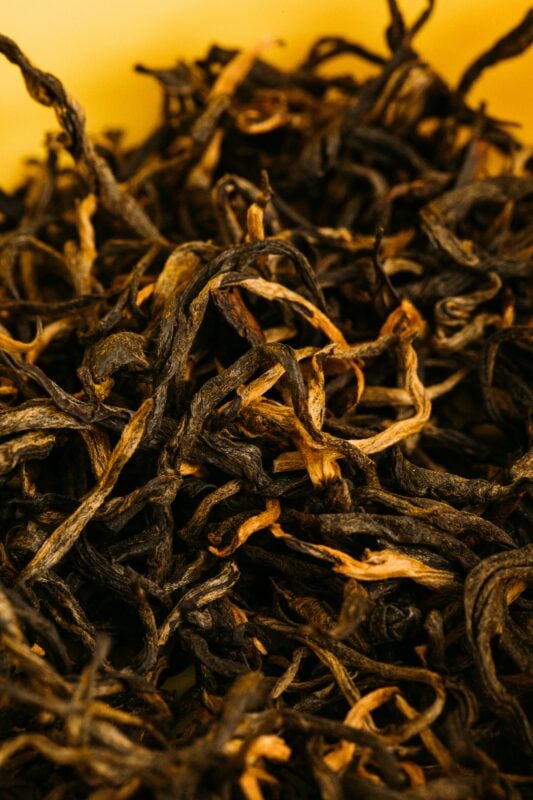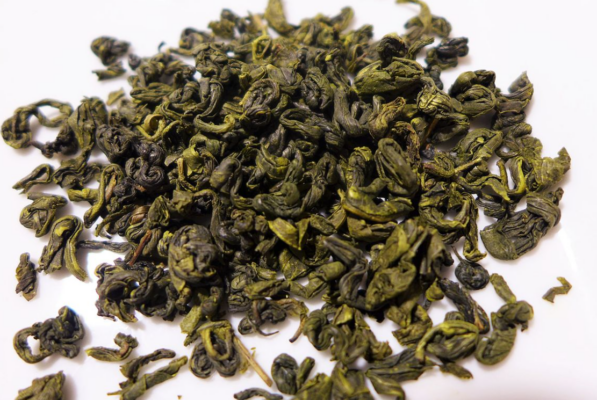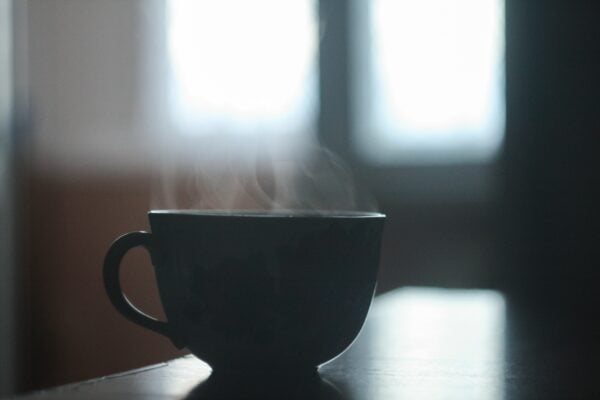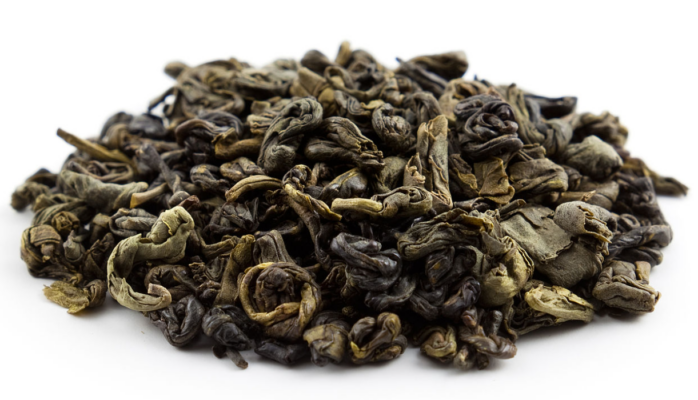Midway through the 18th century British customs officers intercepted a shipment of illegal goods off the coast of Dorset. After the shipment was impounded a group of 60 smugglers brazenly rode in and reclaimed their goods. On their speedy escape out of town one of the smugglers was recognized by one of the villagers, and the authorities, getting wind of this, pressured the villager into giving up the smugglers. However, members of the gang intercepted the villager and a customs officer and brutally murdered them both. The commodity they were smuggling? It was tea.
While the story above sounds like something out of a South American drug cartel operation, it is actually that of the Hawkhurst gang, a band of tea smugglers that operated on the South coast of Britain. In the 18th century tea became such an increasingly popular beverage amongst all levels of British society that the demand for affordable tea skyrocketed. But the government, needing to finance multiple wars, imposed exorbitant taxes on tea, which opened up avenues for the illicit tea trade to flourish.

These smuggling operations started small. Officers sailing under the East India Company were allowed to use a portion of space on their ships for personal trade. This provided an opportunity for these officers to increase their profits if they were so inclined. The tea was sold to smugglers who offloaded the contraband offshore, before selling the tea to local merchants. However, as time went on these operations became more sophisticated and expanded exponentially to the point that the distribution of illegal tea started to mirror that of the legal trade. It has been estimated that between 4 and 7.5 million pounds of illegal tea entered the United Kingdom annually. The only difference with the legal trade is that the smugglers were oftentimes hardened criminals that didn’t shy away from intimidation and violence. But tea was so popular at this time that most Britons remained willfully ignorant.
Naturally the proliferation of the illegal tea trade had a huge effect on the profits of the East India Company, the party that held a monopoly on legal tea import at that time. One of the offshoots of this problem was that the East India Company increasingly began to send their heavily taxed tea to the American colonies, ultimately playing a pivotal role in what would become known as the Boston Tea Party, and the start of the American revolutionary war. Back in Britain it became apparent that the only thing that would bring tea smuggling to a halt was a reduction in taxes. In the end it was William Pitt the Young, who after becoming Prime Minister in 1783 greatly reduced the duties levied on tea, going from 119 percent down to 12.5 percent. This, in turn, practically decimated the tea smuggling trade by making it unprofitable and far too risky for anyone involved.



